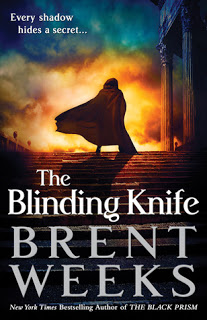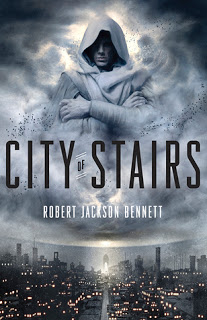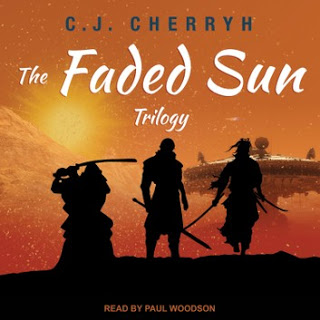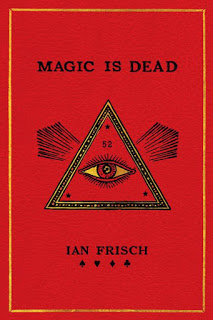The Broken Eye (Lightbringer #3), by Brent Weeks
 The Broken Eye continues right after the shocking finale of The Blinding Knife! And that pretty much sucks, because the ending was the type of cliffhanger that just felt added on in order to make people quickly buy the next volume. Unfortunately, this book is no different. After a zillion story arcs that meet improbably and a lot of agitation one way or the other, Brent Weeks ends Broken Eye with an even shockier (is that a word?) ending.
The Broken Eye continues right after the shocking finale of The Blinding Knife! And that pretty much sucks, because the ending was the type of cliffhanger that just felt added on in order to make people quickly buy the next volume. Unfortunately, this book is no different. After a zillion story arcs that meet improbably and a lot of agitation one way or the other, Brent Weeks ends Broken Eye with an even shockier (is that a word?) ending. And I will bite, I will read the fourth book in the series, The Blood Mirror, but only because I find the characters intriguing. Yet I definitely lost that feeling of respect for the story, the careful attention to detail that I enjoyed so much in the first volume. Weeks is a good writer, maybe even a great one, but instead of the series getting better, it just gets bloated until it needs over the top twists and abrupt cliffhangers. One of the most pervasive feelings when reading this volume was frustration that the stories of characters that I wanted to follow were interrupted by all of the others and how each and every one of even the secondary heroes needed their own grand achievement until it got claustrophobic. OK, you're the good guy, but when you see someone hurting everyone you know, you just kill them. You don't one up them, you don't talk to them, you don't strategize or play games. OK, you're a powerful psycho, but it doesn't mean everything needs to be a power show. I mean, does Andross Guile even go to the bathroom or just wills his bowels into submission? OK, you are young and inexperienced so you don't know what to do when you love someone, but doing the exact opposite? And how come in this universe there are at most two degrees of separation? More like one and a half. And how come everyone knows what they need to do when they need it, regardless if they ever learned it before?
I am already hooked into the story and Brent Weeks creates a complex and compelling one, however the experience of reading the books is only diminishing with stupid techniques like cliffhangers and hidden information and mindless expansions into new territories that absolutely did not need to be there. Too bad that now everything will need to at least maintain this insane level of tension and complexity, for fear of turning boring.
Bottom line: not bad, certainly not boring, but pointlessly exhausting.













